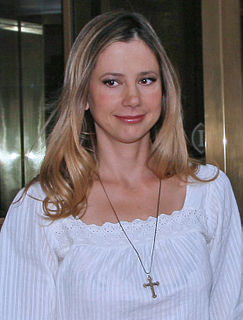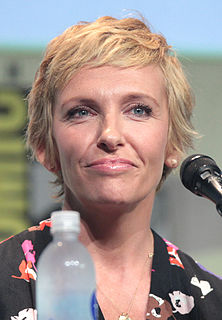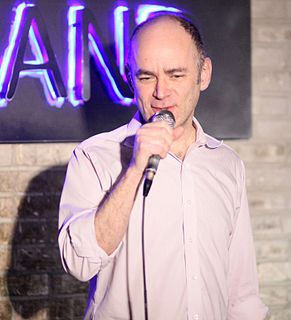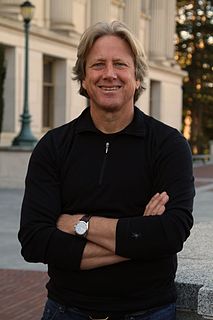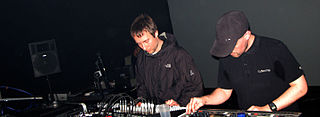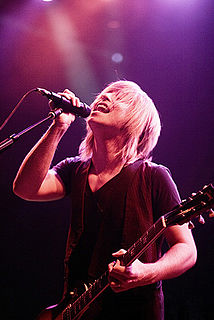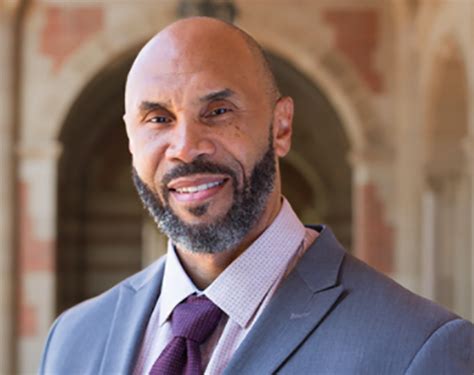A Quote by Mira Sorvino
I hope that doing truthful portrayals of people in a variety of circumstances gives people a kind of subterranean link to those characters.
Related Quotes
If you can be that link to other people that came before you and the ones that come after, then you have to honor that link. If you are doing what somebody else tells you to do and you have success, it's horrible. And if you are doing what other people tell you to do and you fail, it's equally horrible.
I hope that if the people who read my work encounter people in the real world who are like the characters that I write about, that maybe that might make them feel empathy for those people. I know it sounds idealistic in a way, but I do hope that my work maybe changes some minds, and that my work makes readers see people as human that maybe before they read my work they might not have seen as humans, and those people include me and my family and my kids, people in my community.
So many people have that kind of attitude and approach to learning that it gives me great hope for the world. I say hope in the sense that innovations in science and technology will be the engines of a 21st century economy and I don't want to go broke, as a nation. So, the hope I have is that, if people embrace it, we'll have a healthier, more secure, wealthier nation than we have.
I am talking about ordinary people making the link between their communities being treated as disposable and the assumption that the environments they depend on are disposable as well. What gives me hope is the kind of bridgework I'm seeing between social movements on the one hand, and young writers and artists on the other, all intent on opposing such pitiless, short-term thinking.
If you have that spark that inspires other people, if you have a spark that gives resources to other people, that shares in really collaborative fashion, a spark of wit that kind of tells a story that gives people novel perspective of something, that's the kind of charisma that really leads to lasting power. It's not the kind of charisma that's seductive and self-aggrandizing. It's really a sort of a kind of social energy that really brings about the best in other people.
People are going to say, ‘Well, it’s not very truthful.’ But a songwriter doesn’t care about what’s truthful. What he cares about is what should’ve happened, what could’ve happened. That’s its own kind of truth. It’s like people who read Shakespeare plays, but they never see a Shakespeare play. I think they just use his name.
I see what those people are doing with computers and it's just the new way of doing things and I don't look down on them for it, it's kind of funny that there are a lot of people - and I don't even care, this isn't me being like "well I do this" - but there are definitely people who are like: "Yeah I played all that."
People learn a lot about what they think they know about other people from what they see in the media. If they see certain types of images reproduced over and over again for other groups that limit them to narrow types of roles and portrayals, they start to take those prejudices into their interactions with those people in real society, and that creates all kinds of discriminatory problems.
